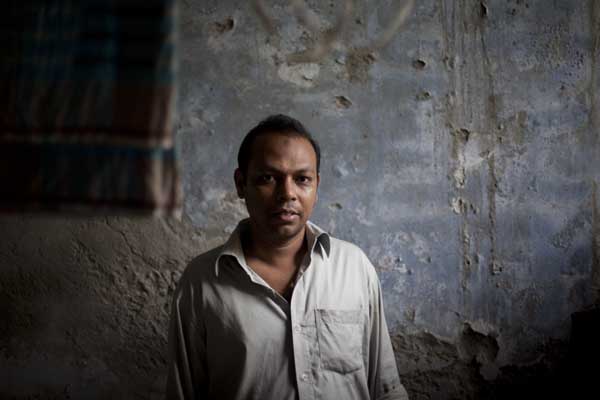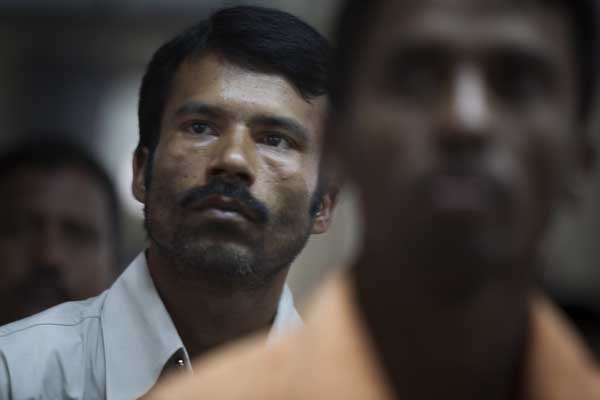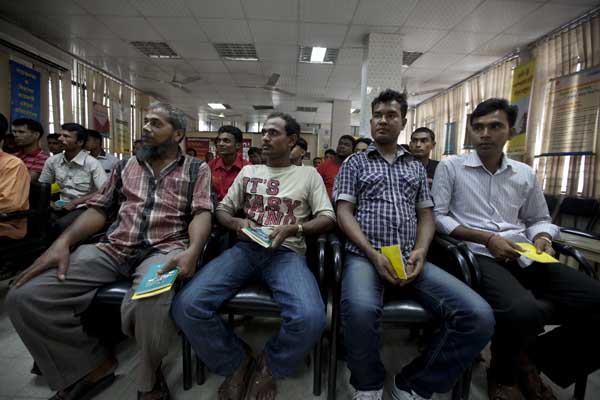Subscribe to ShahidulNews

Surge in Global Migration Expands Scale of an Aid Group?s Influence
Words By Jason DeParle
Photographs by Shahidul Alam
Published: New York Times August 30, 2011
DHAKA, Bangladesh ? As global migration has rapidly expanded, so has the influence of a little-known group whose eclectic work shapes migrants? lives across six continents.


Part research group, part handyman crew, the International Organization for Migration has become the who-you-gonna-call outfit for 132 member countries grappling with the surge in migration, both legal and unauthorized. Its rapid growth is a sign that migration has outgrown most countries? ability to manage on their own. ?I haven?t made it to a country yet where migration hasn?t been high on the list of priorities,? said William L. Swing, the director general.
Yet even as its duties grow, the group operates under tight constraints that reflect the special worries migration can arouse. The United States and other rich donors largely dictate its agenda and ensure that it does not erode their power to decide which migrants they admit and how many.
?It helps them bring in the people they want and keep out the people they don?t,? said Joseph Chamie, a researcher at the Center for Migration Studies in New York.


To understand the group?s rapid growth and varied duties, consider Bangladesh, where the $10 billion that migrants send home accounts for 13 percent of the economy ? making the export of people nearly as vital as the export of shirts. But migrants borrow heavily to finance their trips, and the labor recruiting industry is rife with scams.
Continue reading “Aid and influence”
